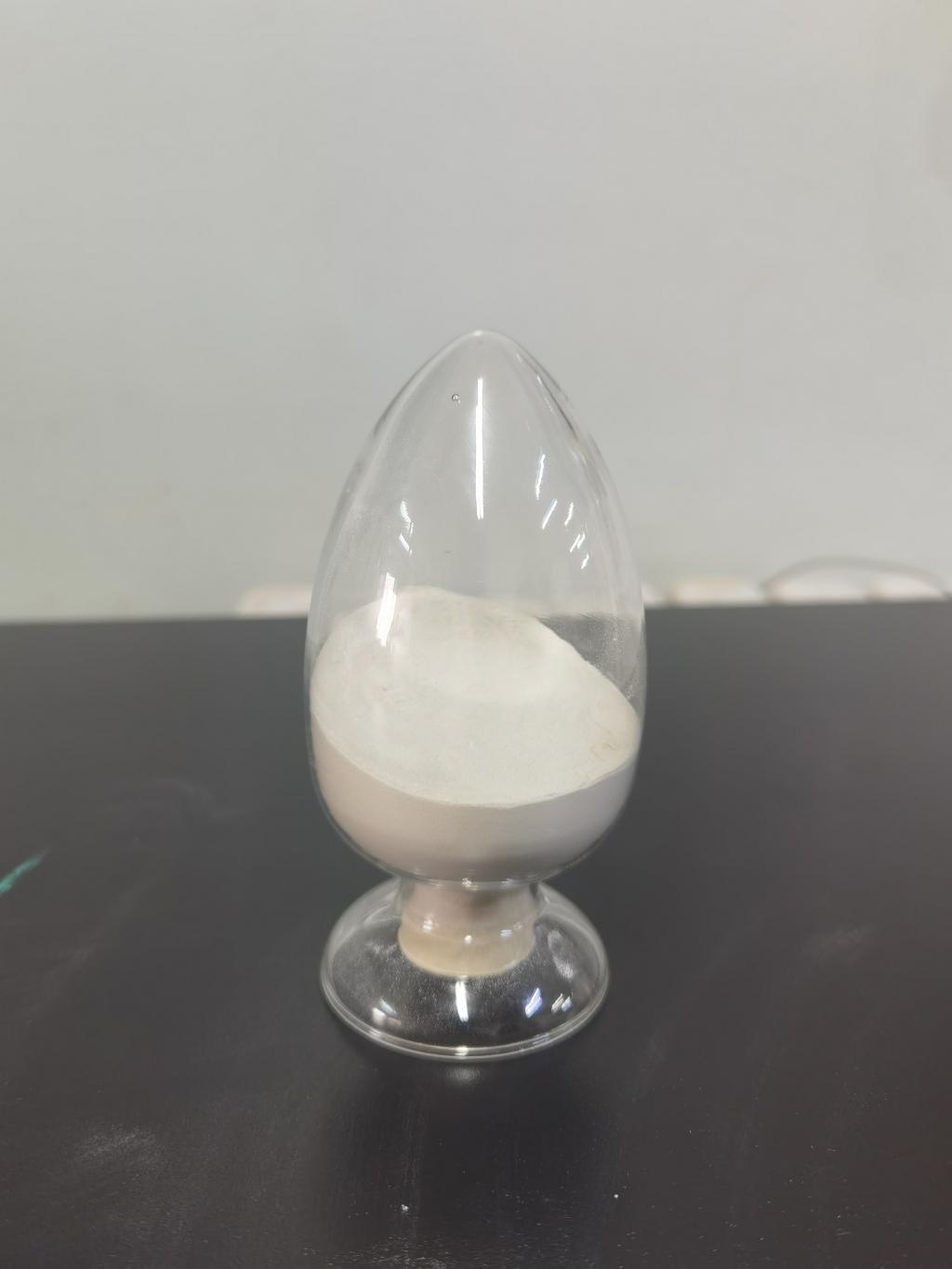Tel:+8618231198596

News
 CONTACT
CONTACT
 CONTACT
CONTACT
- Linkman:Linda Yao
- Tel: +8618231198596
- Email:linda.yao@dcpharma.cn
- Linkman:CHARLES.WANG
- Department:Overseas
- Tel: 0086 0311-85537378 0086 0311-85539701
News
Can Nisin be used in plant-based meat alternatives?
TIME:2023-05-17
Understanding Nisin:
Nisin is a polycyclic antimicrobial peptide produced by the bacterium Lactococcus lactis. It has been widely used as a natural preservative in the food industry due to its remarkable antimicrobial properties against a broad spectrum of bacteria, including Gram-positive bacteria. Nisin is generally recognized as safe (GRAS) by regulatory authorities and has a long history of safe usage in various food products.
Preservative and Shelf-Life Extension:
Plant-based meats often face challenges related to microbial spoilage and limited shelf life. Nisin can address these concerns by inhibiting the growth of spoilage and pathogenic bacteria, thereby extending the product's shelf life. Incorporating nisin into plant-based meat formulations can help maintain their quality, freshness, and safety throughout the distribution and storage processes.
Control of Pathogens:
Contamination with foodborne pathogens is a significant concern in the food industry, including plant-based meats. Nisin has shown promising efficacy against various pathogens such as Listeria monocytogenes, Staphylococcus aureus, and Bacillus cereus. By incorporating nisin into plant-based meat products, the risk of pathogen growth and subsequent foodborne illnesses can be minimized, ensuring consumer safety.
Texture Enhancement:
One of the key challenges in plant-based meat development is achieving a meat-like texture. Nisin can contribute to texture enhancement by improving the water-holding capacity of plant proteins. It promotes protein hydration, resulting in improved juiciness, tenderness, and reduced dryness in the final product. The inclusion of nisin can help overcome the textural deficiencies often associated with plant-based meats.
Flavor Enhancement:
Flavor is a crucial factor influencing consumer acceptance of plant-based meat alternatives. Nisin has been found to enhance the flavor profile of food products. Its ability to interact with taste receptors and modulate flavor perception can contribute to a more savory and meat-like taste in plant-based meats. By incorporating nisin, manufacturers can create products that closely resemble the sensory experience of conventional meat.
Clean Label Solution:
Consumers today are increasingly seeking clean label products, free from artificial additives and preservatives. Nisin offers a natural and clean label solution for plant-based meat alternatives. Its status as a naturally occurring peptide aligns with the clean label trend, allowing manufacturers to cater to the growing consumer demand for transparent and minimally processed food products.
Regulatory Considerations:
When incorporating nisin into plant-based meat alternatives, it is crucial for manufacturers to ensure compliance with regulatory requirements. The acceptable usage levels of nisin may vary depending on the country or region. Therefore, it is essential to consult local regulatory authorities to determine the permitted usage levels and labeling requirements for nisin in plant-based meat products.
Conclusion:
Nisin presents a valuable opportunity to improve the quality, safety, and consumer acceptance of plant-based meat alternatives. Its antimicrobial properties contribute to extended shelf life and control of pathogens, while its textural and flavor-enhancing capabilities help bridge the gap between plant-based and conventional meats. Furthermore, as a natural and clean label ingredient solution, nisin aligns with the growing demand for transparent and minimally processed food options.
As the popularity of plant-based diets continues to rise, the use of nisin in plant-based meat alternatives offers numerous benefits. By incorporating nisin into these products, manufacturers can enhance their safety, extend their shelf life, improve their texture, and enhance their flavor. Moreover, nisin serves as a clean label solution, meeting the demands of consumers who seek natural and minimally processed food options.
However, it is important for manufacturers to ensure compliance with regulatory requirements when using nisin in plant-based meat alternatives. Regulations regarding the acceptable usage levels and labeling requirements may vary across different regions and countries. Therefore, thorough consultation with local regulatory authorities is necessary to ensure adherence to the guidelines.
In conclusion, nisin provides a promising solution for enhancing plant-based meat alternatives. Its antimicrobial properties contribute to product safety and extended shelf life. Additionally, nisin improves texture and flavor, enabling these products to closely resemble traditional meat. By incorporating nisin, manufacturers can cater to the growing consumer demand for plant-based options that are not only delicious but also safe and clean label. With further research and development, nisin has the potential to revolutionize the plant-based meat industry and meet the evolving needs of consumers seeking sustainable and ethical food choices.
- Tel:+8618231198596
- Whatsapp:18231198596
- Chat With Skype







